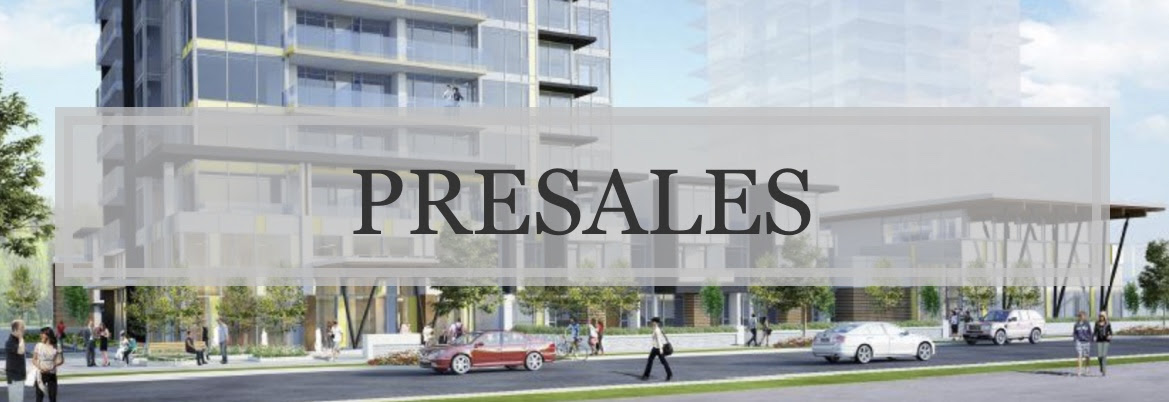 Now is a good time to bring up the issue about the property purchase tax (PPT) with the candidates that are running to represent us. Let's ask them what are they going to to with a huge financial burden that the provincial government is placing on home buyers.
Now is a good time to bring up the issue about the property purchase tax (PPT) with the candidates that are running to represent us. Let's ask them what are they going to to with a huge financial burden that the provincial government is placing on home buyers.
For those of you that are not familiar here is a brief history of PPT. Introduced in 1987 by the government as a form of a wealth tax, it’s a one percent levy on the first $200,000 of the purchase price, and two percent on the balance of the transaction.
What makes this tax unfair today is the fact that PPT was implemented at a time when only five percent of homes in the Greater Vancouver area were selling for $200,000 or more. Today, 96 percent of residential properties in the region are priced higher than $200,000. What most of the British Columbia Real Estate Boards are proposing is an increase of the one percent threshold to $525,000. This would mean that the new property transfer tax on a $600,000 home would be $6,750. This will save home buyers $3,250. The Real Estate Board of Vancouver notes that the tax generated $780 million in fiscal year 2012-13. For the last 26 years, the levy has brought into government coffers revenues totaling $11.9
billion.
In Vancouver so far, the Real Estate association’s campaign to reduce the property transfer tax has attracted the support of only four candidates. Out of the four, three are realtors. Four is a good start however we still have 2 weeks left so please talk to your candidates and bring up this issue. Together we can make a difference.
Also don't forget to vote on May 14.
Sincerely,
Tibor Bogdan
 What is a pre-sale? Example scenario: When the developer intends to build an apartment building and applies for financing, the bank will grant financing under certain conditions. One of them will likely be a certain percentage of pre-sales the developer will need to secure before receiving the funds.
It is common practice for a developer to approach several real estate investors and offer them an opportunity to purchase units of the non-existent building at a discounted price, and on good terms. Once the number of pre-sales is accomplished, the developer goes ahead with the construction, which will likely take two years or longer to complete. During construction, their marketing team offers the remainder of the units for sale at market value to the public. If you are a RE investor, you know that it is preferable to be buying at the pre-sale prices, not market value prices. The question is, how do you get the invitation to buy a pre-sale? In the past many years, investors have made substantial income by buying at wholesale prices and selling at retail prices even before they needed to complete their purchase. I saw many of them lining up and sometimes even camping overnight in front of the sales center to get a chance to buy at lower prices, but not everyone was lucky enough. You needed to be well-connected to get an opportunity, and you had to act fast. Today is a bit of a different story. Several projects in the Lower Mainland and Fraser Valley offer really good prices and incentives to secure a unit now and complete the purchase two or three years later. The list of incentives varies from one project to the next. Besides attractive prices, you can get low deposit amounts (5-15%), low or no assignment fees, free updates, a mortgage rate buy-down program, extra parking and more. A month ago, I helped a few of my clients purchase a presale in Surrey that sold out in 2 days, and I know of another good developer that will be offering a few units for sale as well. If you would like to know more about these opportunities, I would encourage you to call or email me, and I’ll be happy to send you details on those projects. Kind regards,
Tibor Bogdan
Century 21 Creekside Realty Ltd. 45428 Luckakuck Way #190, Chilliwack, BC V2R 3S9 cell: 604-855-2521 |


Comments:
Post Your Comment: